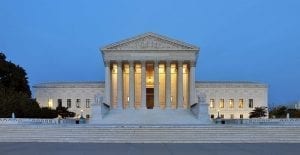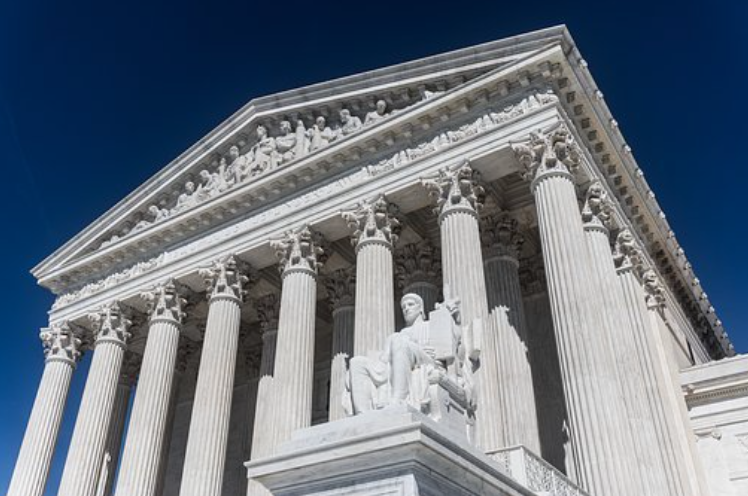However, the bench offered no opinion on the merits of the lawsuit.
The United States Supreme Court will allow a lawsuit filed against Texas’s new abortion ban to proceed, even though the state has yet to enforce it.
However, the justices said that the law may remain in place until the challenge is resolved.
CNBNC notes that the bench did not offer an opinion as to whether it believes the abortion ban is constitutional.
As LegalReader.com has reported before, Texas’s so-called “Heartbeat Act” is unique. Unlike other states’ attempted abortion bans, Texas law does not levy criminal penalties against abortion providers or people seeking abortion services.

Instead, the “Heartbeat Act” permits private citizens to file civil lawsuits against anyone who performs or facilitates an abortion.
People are allowed to file lawsuits irrespective of whether they are Texas residents, and regardless of their relationship—or lack thereof—with the person suspected of performing abortion services.
If a lawsuit is successful, then the private-citizen plaintiff may be awarded a minimum of $10,000 in statutory damages.
While abortion providers have called the rule unconstitutional, it has not been used once since the act was passed in September.
However, CNBC suggests that the Texas “Heartbeat Act” may have emboldened other conservative states.
On Friday, for instance, the Supreme Court heard oral arguments in a separate case—Dobbs v. Jackson Women’s Health—in which Mississippi asked the justices to overturn decades-old precedent declaring abortion a constitutional right.
Mississippi’s current abortion law, says CNBC, prohibits abortions after 15 weeks except “in medical emergencies or for severe fetal abnormality.”
While the court has yet to issue a decision, CNBC reports that its conservative majority appeared ready to weaken—if not overturn—Americans’ right to abortion services, no matter the precedent, and no matter the opinion of their liberal colleagues.
In the meantime, the challenge to Texas’s law will proceed in lower court, albeit with some alterations.
While the Supreme Court said that abortion providers may pursue their complaint further, the majority found that providers cannot sue a state court clerk, a Texas judge, or Texas Attorney General Ken Paxton.
However, they may continue claims against other named defendants, which include several state-level health officials, as well as members of Texas Gov. Ken Abbott’s political administration.
In its ruling, the Supreme Court said the latter defendants are acceptable, because they are the only individuals and bodies empowered to take or enforce legal action against abortion providers who may be penalized if the “Heartbeat Act” is ever actually used.
Sources
READ: Supreme Court rulings in Texas abortion case
Supreme Court has allowed abortion providers to challenge Texas’ abortion ban law


Join the conversation!